Scientific Advisors

Marina Cerrone, MD
 Marina Cerrone, MD
Marina Cerrone, MD
Marina Cerrone, MD, received her medical degree and cardiology fellowship from the University of Pavia, Italy where she trained under the mentorships of Drs. Peter J Schwartz and Silvia Priori, developing an interest in clinical and translational cardiovascular genetics. She then completed her postdoc under Dr. Jose Jalife at SUNY Upstate Medical University in Syracuse, NY and the University of Michigan, Ann Arbor where she worked in basic electrophysiology and in the characterization of mechanisms of inherited arrhythmias using genetically engineered mouse models.
In 2008 together with Dr. Silvia Priori she contributed to the development of the Inherited Arrhythmias Clinic at NYU Langone Health, and currently she is the Co-director of the clinic’s research component. She focuses her current clinical studies on genotype-phenotype correlations, new risk indicators, new gene discovery and clinical trials of patients with heritable arrhythmias.
Her translational research interests focus on understanding the basic mechanisms and modifiers that determine the risk of lethal arrhythmias and sudden death in the setting of inherited arrhythmias and cardiomyopathies, especially using engineered mouse models. She is currently working with a mouse model of Arrhythmogenic Cardiomyopathy (ARVC) studying the pleiotropic functions of desmosomal protein and their role in facilitating arrhythmias in ARVC. To learn more about her research, please visit Dr. Cerrone’s PubMed.

Allison Cirino, MS, CGC
 Allison Cirino, MS, CGC
Allison Cirino, MS, CGC
Allison Cirino, MS, CGC, is an Associate Professor at MGH Institute of Health Professions Genetic Counseling Program and a licensed genetic counselor in the Brigham and Women’s Hospital Cardiovascular Genetics Center where she has been involved in patient care, educational initiatives, and numerous cardiovascular genetics research projects since 2004. She currently serves on various committees for the National Society of Genetic Counselors (NSGC) and the American Heart Association (AHA). She is a Fellow of the AHA and serves as the NSGC Liaison to the AHA Genomics and Precision Medicine Council.

Lisa Dellefave-Castillo, MS, CGC
 Lisa Dellefave-Castillo, MS, CGC
Lisa Dellefave-Castillo, MS, CGC
Lisa graduated from the University of Minnesota Graduate Program in Molecular, Cellular, Developmental Biology and Genetics with her Master’s Degree specialized in Genetic Counseling in 2001. She started as a genetic counselor in Neuromuscular disorders and cancer. She has been specializing in cardiovascular genetics since 2006 first at the University of Chicago and then since 2014 at Northwestern University. During her time at Northwestern University, she helped to build the cardiovascular genetics clinic at the Northwestern Medicine, Bluhm Cardiovascular Institute. Lisa clinically sees all types of inherited cardiovascular disease including cardiomyopathies, arrhythmias, aortopathies and sudden cardiac death. She is involved in all aspects of the genetic testing process including pre-test counseling, post-test discussing genetic testing results, and helping with family communication. She also has a strong research focus through the Northwestern University, Center for Genetic Medicine where she is involved in studies to identify new genes in cardiovascular disease through whole genome sequencing as well as genomic profiling of sudden cardiac death and development of cardiovascular education modules for cardiology physicians and health care professionals.

Amit V. Khera, MD, MSc
 Amit V. Khera, MD, MSc
Amit V. Khera, MD, MSc
Amit V. Khera, MD MSc, is a cardiologist, human geneticist, and population biologist. He is the Executive Director of Genomic Medicine at Verve Therapeutics and an Assistant Professor (on-leave) at Harvard Medical School.
He received his MD with Alpha Omega Alpha distinction from the University of Pennsylvania and went on to complete clinical training in Internal Medicine and cardiology at Brigham and Women’s Hospital and MGH.
His research program used genetic variation as a tool to uncover new biology and enable enhanced clinical care informed by inherited susceptibility. Among his scientific contributions, he pioneered use of a new approach to quantify genetic risk (‘genome-wide polygenic scores’) for common diseases, developed biomarkers that provide new biologic insights, and analyzed large-scale gene sequencing data to highlight key pathways driving risk and identify molecular subtypes of cardiometabolic diseases.
Dr. Khera has authored more than 100 scientific publications, including lead or senior-authored publications in the New England Journal of Medicine, Journal of the American Medical Association, Cell, and Nature Genetics.
In tandem with his research efforts, he founded a Preventive Genomics Clinic at MGH to provide a clinical infrastructure for genome-first medicine.

Joshua Knowles, PhD
 Joshua Knowles, PhD
Joshua Knowles, PhD
Dr. Joshua Knowles is a physician-scientist whose career path has centered around the genetic basis of cardiovascular disease with contributions across the continuum from Discovery to the development of Model Systems to the Translation of these findings to the clinic and most recently to the Public Health aspect of genetics. Currently, his Discovery and basic translational efforts center on understanding the genetic basis of insulin resistance using GWAS studies coupled with exploration in model systems including standard cell lines, induced pluripotent stem cells and murine models. These efforts are funded through the NIH, AHA and ADA. His clinical translational focus is on the intersection of lipids and insulin resistance, particularly defining how statins increase the risk of diabetes (Doris Duke Foundation). His clinical role at Stanford is as a lipidologist and director of the Familial Hypercholesterolemia (FH) clinic, which provides world-class care to individuals with FH and related lipid disorders. His interest in FH has led me to explore innovative ways of addressing the major public health impact of this genetic condition. As the volunteer Chief Medical Advisor of the FH Foundation (a patient-led research and advocacy organization), Dr. Knowles led the FH Foundation’s efforts to establish a national patient registry for FH (CASCADE FH) and apply for an ICD10 code for FH. He has used cutting-edge “big-data” approaches to identify previously undiagnosed FH patients in electronic medical records (the FIND FH project, partly funded by the AHA).
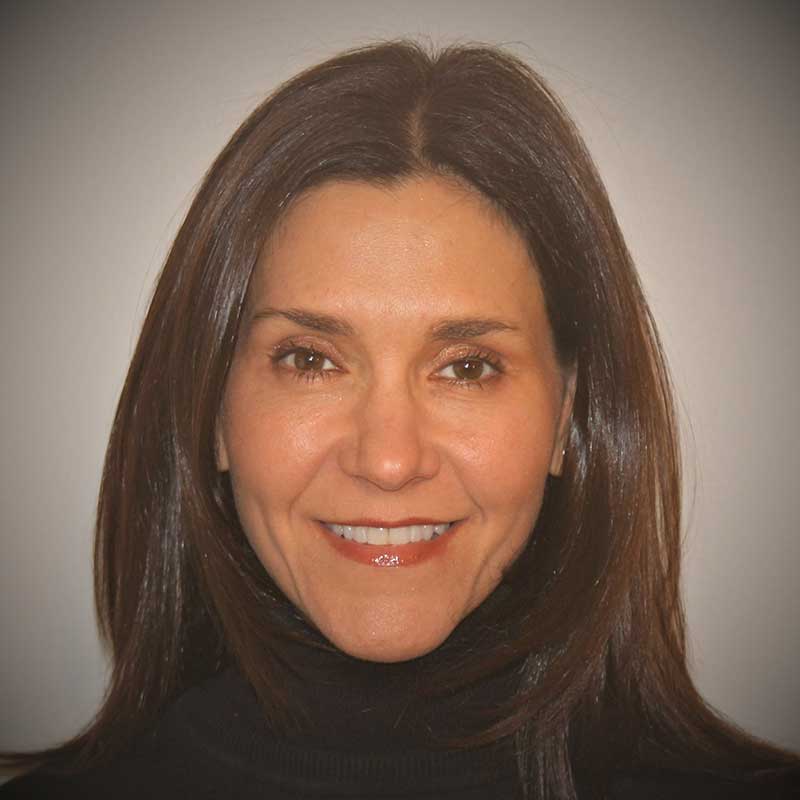
Alejandra Guerchicoff, PhD
 Alejandra Guerchicoff, PhD
Alejandra Guerchicoff, PhD
Dr. Alejandra Guerchicoff, Ph.D., has dedicated her professional career to improving the quality of life of people with heart disease through basic & clinical research and education. Dr. Guerchicoff has studied for more than 20 years genomics and genotype-phenotype relationships in heritable cardiovascular diseases. Her work includes novel genetic changes identification related to the cardiac channelopathies, catecholaminergic polymorphic ventricular tachycardia and sudden death, and inherited sarcomere diseases.
Dr. Guerchicoff served for 16 years as Director of the Genetics of Cardiac Arrhythmias Laboratory at the Masonic Medical Research Laboratory as well as the Genetic Testing Laboratory for the Cardiogenomic NYU University. Under her leadership the laboratories have helped a countless number of patients and family members through the genetic testing and by providing consulting services to patients, families, academic institutions, physicians, health insurance providers and genetic counselors.
In addition, as Scientific Director of Cardiogenomica Argentina Dr. Guerchicoff has active genetic counselor and gene analysis efforts devoted to identifying, through genetic testing, individuals and families at greatest risk of heritable cardiovascular diseases.
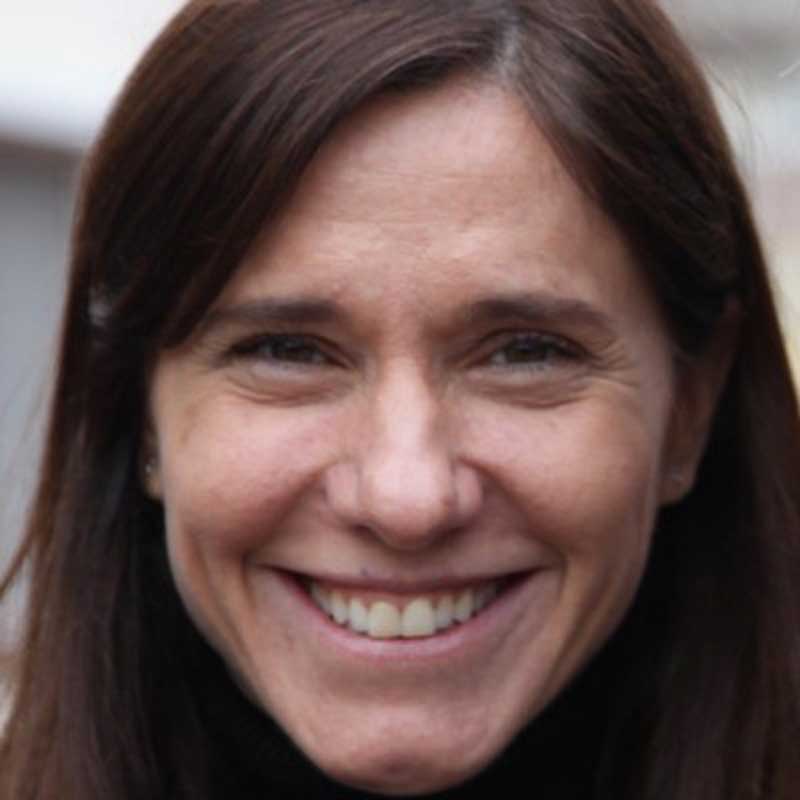
Marianna Guerchicoff, MD
 Marianna Guerchicoff, MD
Marianna Guerchicoff, MD
Dr. Marianna Guerchicoff, M.D., is the Head of Pediatric Arrhythmia and Electrophysiology Unit of the Italian Hospital in Buenos Aires, Argentina, position that she holds for 21 years. She also serves a Medical Director of Cardiogenomics Argentina. In addition, Dr. Guerchicoff she serves as the voice and represents the Sudden Arrhythmia Death Syndromes (SADS) Foundation since 2009.
Dr. Guerchicoff endeavors to fulfill the two-fold objective of medical care and genetic testing and research. She specializes in genetic cardiology and takes care of patients and families at risk of sudden cardiac death from a variety of genetic heart diseases like cardiac channelopathies such as long and short QT syndrome, catecholaminergic polymorphic ventricular tachycardia and sudden unexplained death, including sudden infant death syndrome (SIDS), and inherited sarcomere diseases such as hypertrophic cardiomyopathy.
Dr. Guerchicoff and her team together, are working on improving the diagnostic, prognostic, and therapeutic approaches to these diseases through genetic testing, and enabling true individualized medicine for patients and families with genetic heart rhythm and genetic heart muscle diseases.
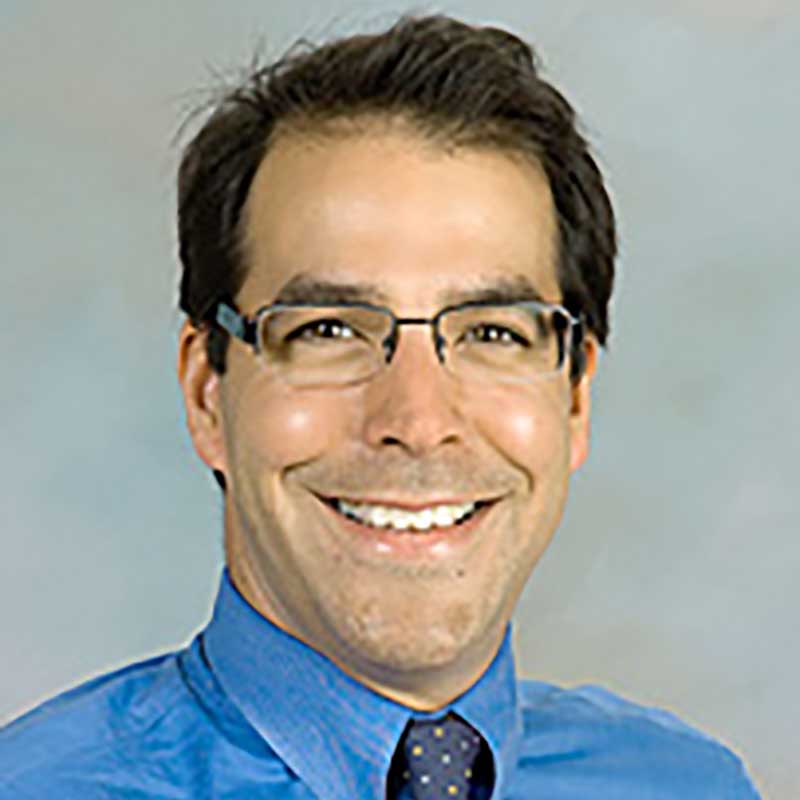
Siddharth Prakash, MD, PhD
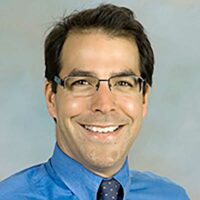 Siddharth Prakash, MD, PhD
Siddharth Prakash, MD, PhD
Siddharth Prakash has a Ph.D. in Molecular and Human Genetics from Baylor College of Medicine, where he also completed his residency in Internal Medicine and a fellowship in Cardiovascular Disease. Since 2011, Dr. Prakash has worked in the John Ritter Research Program in Aortic and Vascular Diseases at McGovern Medical School, a part of the University of Texas Health Science Center at Houston (UTHealth), where he specializes in medical therapy, imaging and surveillance of patients with heritable aortic and vascular diseases. He is Associate Professor of Internal Medicine and is co-director of the Turner Syndrome Adult Comprehensive Care Center. Dr. Prakash’s translational research l focuses on the contribution of rare genomic copy number variants (CNVs) to bicuspid aortic valve (BAV), the most common adult congenital heart defect. Dr. Prakash uses an innovative strategy to identify new candidate genes for BAV, based in part on the hypothesis that reduced dosage of genes on the X chromosome is responsible for the increased prevalence of BAV in males and in women with Turner syndrome. He identified recurrent CNVs in diverse clinical cohorts with BAV and demonstrated that specific rare CNVs are an important contributing cause of thoracic aortic aneurysms. Dr. Prakash received funding from the American Heart Association and National Institutes of Health follow up on these observations in patients with early complications of bicuspid aortic valve disease.
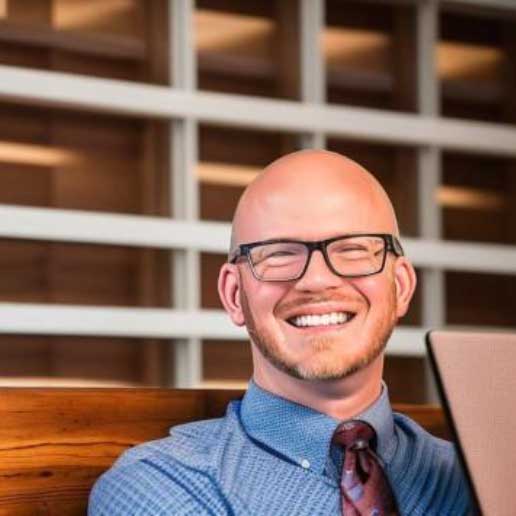
Ryan Rodarmer, MS
 Ryan Rodarmer, MS
Ryan Rodarmer, MS
Ryan Rodarmer, MS, is an experienced cardiovascular genetic counselor with a diverse background in the field. For over 16 years, he served as the lead cardiac counselor at Spectrum Health, where he also provided comprehensive genetic counseling services across oncology and pediatrics. Currently, Ryan holds the position of Director of The VEDS Movement at The Marfan Foundation, focusing on support, education, and research initiatives for VEDS patients. Ryan also contributed as the Project Manager for the Genetic Testing Task Force at The SADS Foundation, where he worked to increase awareness and understanding of cardiogenomic testing among various stakeholders. As a type A aortic dissection survivor due to hereditary thoracic aortic disease, Ryan is passionate about advocating for genetic testing in cardiology and supporting patients with hereditary cardiac conditions.

Wai Hong Wilson Tang, MD
 Wai Hong Wilson Tang, MD
Wai Hong Wilson Tang, MD
Dr. Wai Hong Wilson Tang, M.D. is Professor of Medicine at Cleveland Clinic Lerner College of Medicine of Case Western Reserve University. Dr. Tang is a heart failure/transplant cardiologist that specialized in cardiomyopathies (especially in inherited cardiomyopathies), cardio-renal diseases, and cancer-related heart diseases. Dr. Tang has previously served as the Director of the Center for Clinical Genomics at the Cleveland Clinic, and currently as the Medical Director for the Cleveland Clinic GeneBank Study. Dr. Tang has published over 750 peer-reviewed scientific manuscripts and 88 book chapters (h-index 97). He was elected as member of the American Society of Clinical Investigation in 2013 for his contributions to physiologic and mechanistic understanding of cardio-renal syndromes, as well as the Association of American Physicians in 2018 for studying the contributing role of diet and microbiome in cardiovascular diseases. He was also the recipient of the American College of Cardiology’s 2022 Distinguished Scientist Award in the Basic Domain.
